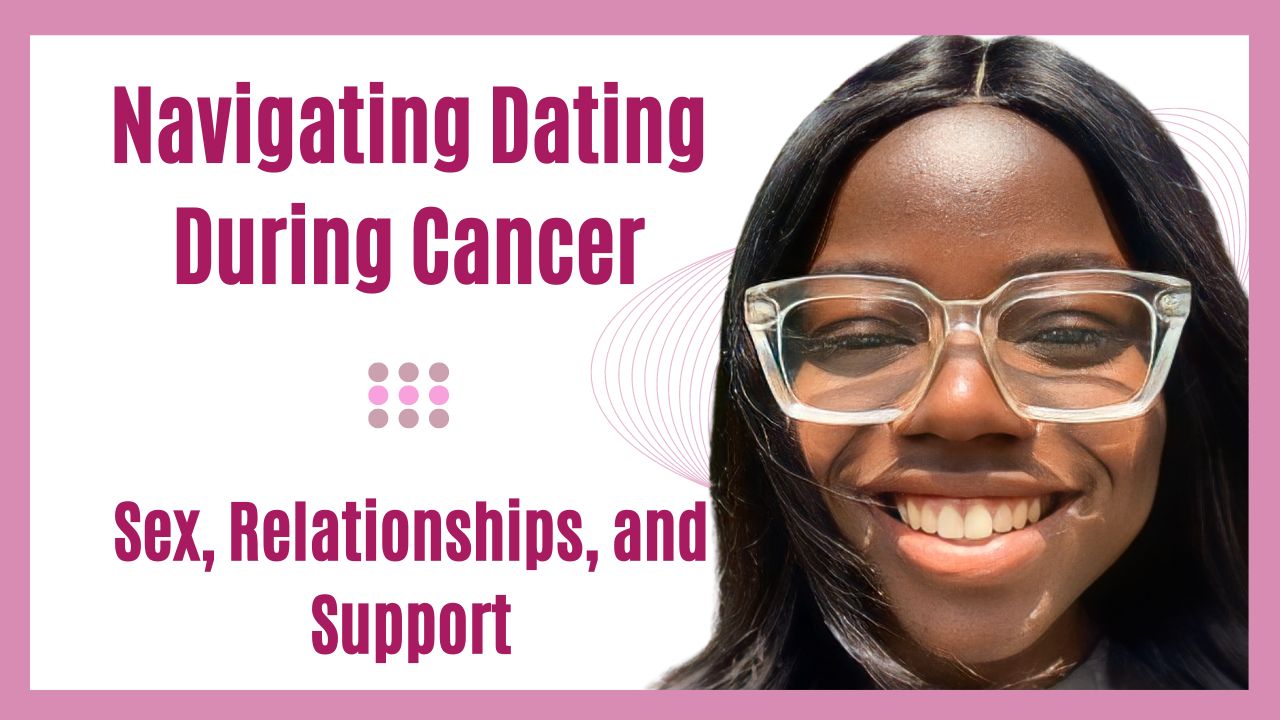Dealing with cancer is an incredibly challenging journey that affects every aspect of a person’s life, including their relationships and sex life. When battling cancer, individuals may find themselves questioning their ability to pursue or maintain romantic relationships. However, with understanding, communication, and a supportive network, it is possible to navigate the complexities of dating during cancer. In this article, we will explore the intricacies of sex and relationships while battling cancer, providing insights and advice for those facing this unique challenge.
1. Embracing Emotional Vulnerability
A cancer diagnosis brings forth a myriad of emotions, and it is essential to embrace and express these feelings within the context of a relationship. Open and honest communication with your partner is vital, as it helps build a foundation of trust and understanding. Expressing your concerns, fears, and hopes creates an environment where both partners can support one another through the emotional rollercoaster that cancer often presents.
Dealing with a cancer diagnosis can be overwhelming, and it’s important to remember that it’s okay to feel vulnerable. Sharing your emotions with your partner allows them to better understand what you’re going through, strengthening your bond, and fostering a supportive atmosphere. By opening about your fears and uncertainties, you create space for your partner to provide comfort and reassurance, as well as encouraging them to express their own concerns.
2. Communicating with Your Partner
Clear communication is the key to any healthy relationship and dating during cancer is no exception. It is important to talk openly with your partner about your diagnosis, treatment plan, and any potential physical or emotional changes that may occur. Discussing your needs, desires, and concerns surrounding intimacy is crucial to maintaining a strong and fulfilling relationship. By fostering open dialogue, both partners can navigate the challenges together.
When discussing your diagnosis and treatment, it’s important to provide your partner with accurate information about your condition. This helps them understand the potential impact on your daily life, including your energy levels, physical abilities, and emotional state. Additionally, communicate your boundaries and any changes in your sexual desire or functioning. Remember, your partner cannot fully support you if they are not aware of your needs and limitations.
3. Building a Supportive Network
Having a strong support network can make a significant difference when navigating the complexities of dating during cancer. Surrounding yourself with compassionate friends and family members who understand your situation can provide much-needed emotional support. Additionally, seeking out support groups or online communities where you can connect with others who have similar experiences can be tremendously helpful.
Connecting with others who have gone through or are going through similar experiences can be incredibly comforting. Support groups offer a safe space to share your feelings, gain valuable advice, and learn coping strategies. Online communities can provide a sense of belonging and allow you to connect with individuals from all over the world who are facing similar challenges. Building a supportive network helps combat feelings of isolation and provides an outlet for discussing concerns and finding encouragement.
4. Intimacy and Physical Changes
Cancer treatments may cause physical changes that impact one’s body and sexual function. It is crucial to remember that these changes are temporary and do not define your worth or desirability as a person. Openly discussing these changes with your partner and healthcare team can lead to finding practical solutions and exploring new ways of maintaining intimacy and pleasure.
In some cases, seeking the assistance of a therapist or counselor who specializes in cancer-related sexual issues can provide valuable guidance. They can help you and your partner navigate the emotional and physical challenges and offer suggestions for maintaining intimacy and pleasure. Remember, your worth as a person is not solely determined by your physical appearance or sexual function. Intimacy encompasses a wide range of emotional and physical connections and exploring new avenues can strengthen your bond. By involving your partner in these conversations, you allow them to offer support and understanding. It may also be helpful to explore alternative forms of intimacy and pleasure, such as focused emotional connection, sensual massages, or exploring different erogenous zones.
5. Nurturing Self-Care
While focusing on relationships is important, it is equally crucial to prioritize self-care during the cancer journey. Pay attention to your physical and emotional well-being and take the time to engage in activities that bring you joy and relaxation. Engaging in self-care not only promotes your own healing but also helps you show up fully for your partner and maintain a healthy relationship.
Cancer treatment can be physically and emotionally exhausting, making self-care essential. Prioritize activities that nurture your well-being, such as practicing mindfulness, engaging in gentle exercise, getting enough rest, and seeking emotional support when needed. By taking care of yourself, you will have more energy and emotional capacity to contribute to your relationship. Remember, your well-being matters, and investing in self-care ultimately benefits both you and your partner.
6. Taking Things at Your Own Pace
Dating during cancer requires an understanding that everyone’s journey is unique. It is essential to set boundaries and take things at a pace that feels comfortable for you. Be patient with yourself and your partner, recognizing that there may be days when you need more support or moments when you need to prioritize self-care. Remember, a strong and understanding partner will respect your boundaries and be there for you throughout the ups and downs.
Every individual’s experience with cancer is different, and it’s important to acknowledge and honor your own needs and limitations. Take the time to evaluate what feels right for you in terms of physical and emotional intimacy. Trust your instincts and communicate openly with your partner about your boundaries and expectations. A loving and supportive partner will respect your decisions and provide the understanding and patience needed during this challenging time.
Conclusion
Dating during cancer presents unique challenges, but with open communication, a supportive network, and a focus on self-care, it is possible to maintain fulfilling relationships and experience intimacy. Remember that you are not defined by your cancer diagnosis; you are a resilient individual deserving of love and understanding. By embracing vulnerability and seeking support, you can navigate the complexities of dating during cancer with strength and grace.










What do you think?
It is nice to know your opinion. Leave a comment.